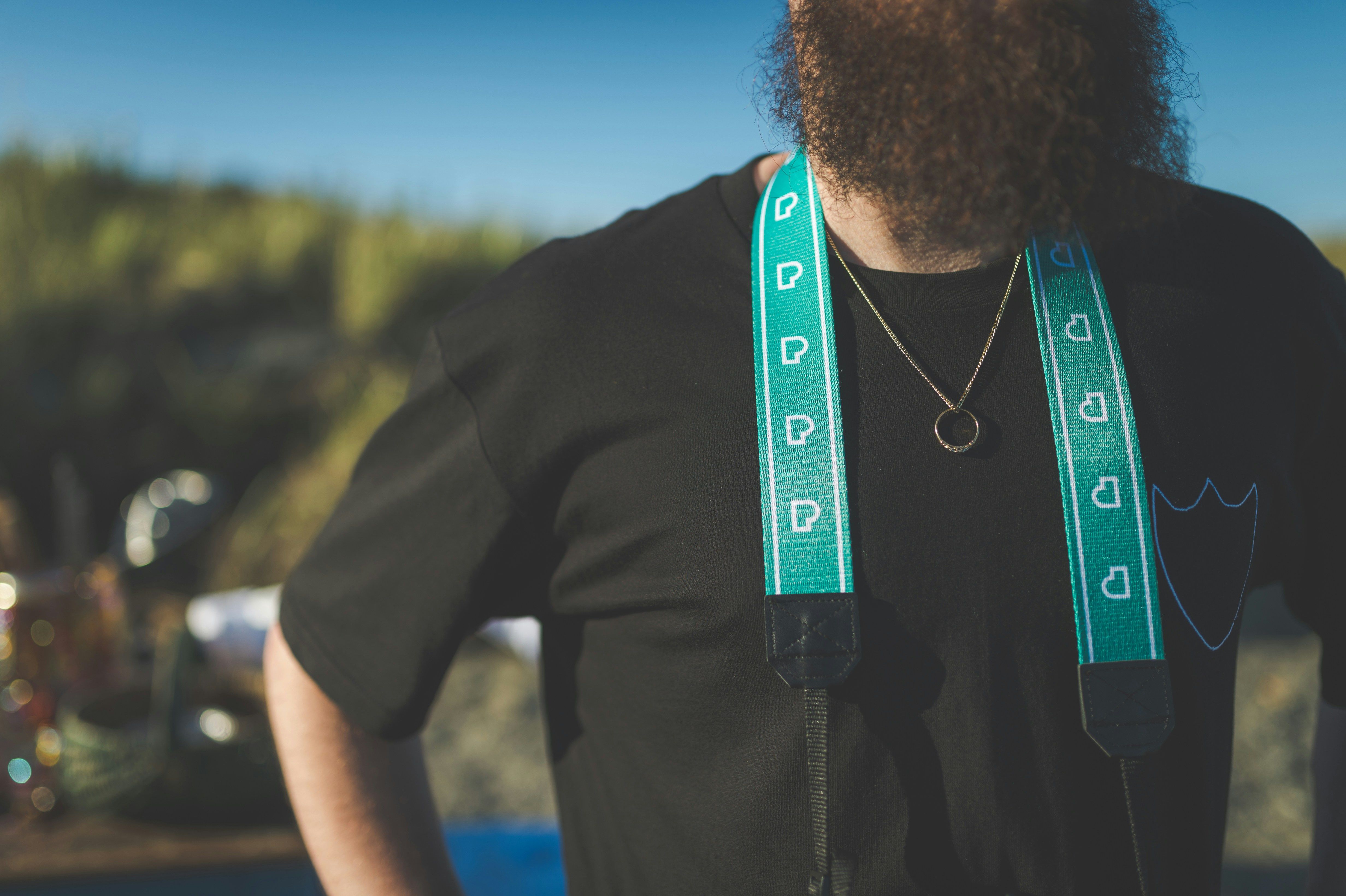"Ronaldo may appear appealing, yet..."
Getting Back on Track: Borussia Dortmund's Path to Profitability
Football powerhouse Borussia Dortmund (BVB) is gunning for a return to profitability by the 2023/24 season. CEO Hans-Joachim Watzke dropped this bomb during the unveiling of the 2021/22 annual report. Although the club managed to boost its operating result (EBITDA) to 80.8 million euros compared to 39 million, it still posted a loss of 35.1 million euros, compared to 72.8 million euros the prior year. Revenue surged to 351.6 million euros, up from 334.2 million euros.
The lurching impact of COVID-19 left its mark on Dortmund's finances. With the stadium only 40% occupied, tickets representing a staggering 60% went unsold. TV marketing revenue also slumped. However, Watzke refrained from offering a forecast for the upcoming season, having weathered three consecutive years of losses. He voiced hope that COVID-19 restrictions would stay in the past.
Rumors swirling about football superstar Cristiano Ronaldo joining Dortmund were swiftly quashed by Watzke. Although the concept was charming and he held the Portuguese star in high esteem, no contact had been initiated, so no transfer was in the works.
BVB's share price climbed 2% midday Friday, despite a gloomy market environment. It had racked up a 21% increase over the past four weeks.
Behind the Scenes: Insights and Trends
Dortmund faced a battering from COVID-19 repercussions, costing them a whopping 65 million pounds in matchday revenue during the 2024/25 season[1]. The virus's impact on the sporting world was drastic, creating financial havoc for clubs like Dortmund. However, precise revenue loss figures for Dortmund during the pandemic could not be found.
The club's recoveryplan revolves around sustainability measures and cost management. By installing a large solar panel system at the SIGNAL IDUNA PARK, it seeks to diminish reliance on external energy sources and cut its carbon footprint[3]. This initiative forms part of a broader approach encompassing cost savings, revenue growth, and potentially player trades to bolster profitability.
Clubs worldwide, including Dortmund, have grappled with financial instability in post-COVID times. They have responded by prioritizing cost control, revenue expansion, and sustainability initiatives[2]. FC Barcelona demonstrated that slashing salary bills and careful management of operating expenses can lead to financial restoration.
All in all, while Dortmund has yet to reveal detailed financial projections for the upcoming season, it is focusing on sustainability and cost management as part of its broader strategy for getting back on track financially.
- In their pursuit of financial stability, Borussia Dortmund (BVB) aims to harness the power of renewable energy by installing a large solar panel system at the SIGNAL IDUNA PARK, reducing reliance on external energy sources and making strides towards sustainability.
- Amidst the global challenge posed by the pandemic, clubs, such as Borussia Dortmund, have turned their attention to cost control, revenue growth, and sustainable practices as a means of navigating the post-COVID business landscape.
- Despite uncertainties regarding the upcoming season, Borussia Dortmund's focus on implementing sustainability measures and cost management within their strategic plan demonstrates their commitment to regaining profitability, following the economic impact of COVID-19 on both their sports and European-leagues counterparts.




